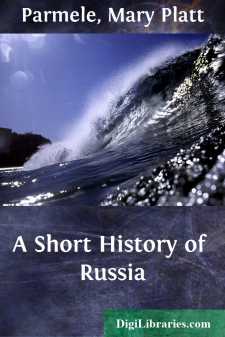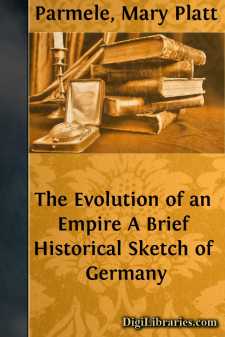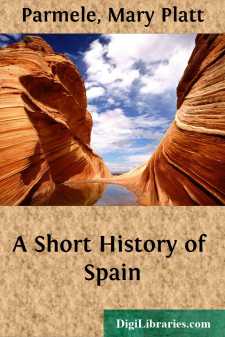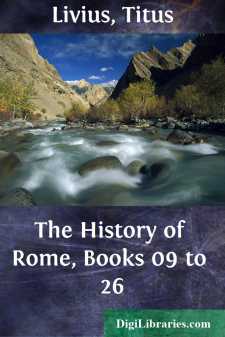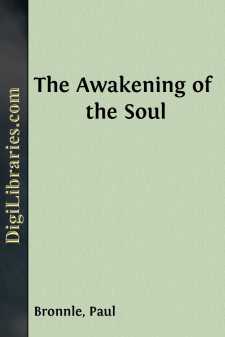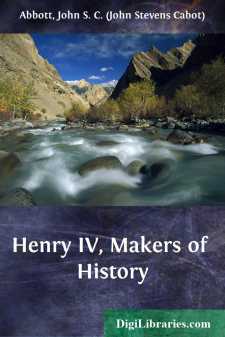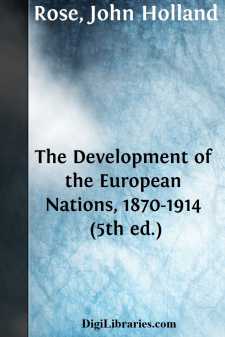Categories
- Antiques & Collectibles 13
- Architecture 36
- Art 48
- Bibles 22
- Biography & Autobiography 813
- Body, Mind & Spirit 142
- Business & Economics 28
- Children's Books 15
- Children's Fiction 12
- Computers 4
- Cooking 94
- Crafts & Hobbies 4
- Drama 346
- Education 46
- Family & Relationships 57
- Fiction 11828
- Games 19
- Gardening 17
- Health & Fitness 34
- History 1377
- House & Home 1
- Humor 147
- Juvenile Fiction 1873
- Juvenile Nonfiction 202
- Language Arts & Disciplines 88
- Law 16
- Literary Collections 686
- Literary Criticism 179
- Mathematics 13
- Medical 41
- Music 40
- Nature 179
- Non-Classifiable 1768
- Performing Arts 7
- Periodicals 1453
- Philosophy 64
- Photography 2
- Poetry 896
- Political Science 203
- Psychology 42
- Reference 154
- Religion 513
- Science 126
- Self-Help 84
- Social Science 81
- Sports & Recreation 34
- Study Aids 3
- Technology & Engineering 59
- Transportation 23
- Travel 463
- True Crime 29
A Short History of France
Description:
Excerpt
CHAPTER I.
One of the greatest achievements of modern research is the discovery of a key by which we may determine the kinship of nations. What we used to conjecture, we now know. An identity in the structural form of language establishes with scientific certitude that however diverse their character and civilizations, Russian, German, Englishman, Frenchman, Spaniard, are all but branches from the same parent stem, are all alike children of the Asiatic Aryan.
So skilful are modern methods of questioning the past, and so determined the effort to find out its secrets, we may yet know the origin and history of this wonderful Asiatic people, and when and why they left their native continent and colonized upon the northern shores of the Mediterranean. Certain it is, however, that, more centuries before the Christian era than there have been since, they had peopled Western Europe.
This branch of the Aryan family is known as the Keltic, and was older brother to the Teuton and Slav, which at a much later period followed them from the ancestral home, and appropriated the middle and eastern portions of the European Continent.
The name of Gaul was given to the territory lying between the Ocean and the Mediterranean, and the Pyrenees and the Alps. And at a later period a portion of Northern Gaul, and the islands lying north of it, received from an invading chieftain and his tribe the name Brit or Britain (or Pryd or Prydain).
If the mind could be carried back on the track of time, and we could see what we now call France as it existed twenty centuries before the Christian era, we should behold the same natural features: the same mountains rearing their heads; the same rivers flowing to the sea; the same plains stretching out in the sunlight. But instead of vines and flowers and cultivated fields we should behold great herds of wild ox and elk, and of swine as fierce as wolves, ranging in a climate as cold as Norway; and vast, inaccessible forests, the home of beasts of prey, which contended with man for food and shelter.
Let us read Guizot's description of life in Gaul five centuries before Christ:
"Here lived six or seven millions of men a bestial life, in dwellings dark and low, built of wood and clay and covered with branches or straw, open to daylight by the door alone and confusedly heaped together behind a rampart of timber, earth, and stone, which enclosed and protected what they were pleased to call—a town."
Such was the Paris and such the Frenchmen of the age of Pericles! And the same tides that washed the sands of Southern Gaul, a few hours later ebbed and flowed upon the shores of Greece—rich in culture, with refinements and subtleties in art which are the despair of the world to-day—with an intellectual endowment never since attained by any people.
The same sun which rose upon temples and palaces and life serene and beautiful in Greece, an hour later lighted sacrificial altars and hideous orgies in the forests of Gaul. While the Gaul was nailing the heads of human victims to his door, or hanging them from the bridle of his horse, or burning or flogging his prisoners to death, the Greek, with a literature, an art, and a civilization in ripest perfection, discussed with his friends the deepest problems of life and destiny, which were then baffling human intelligence, even as they are with us today....



